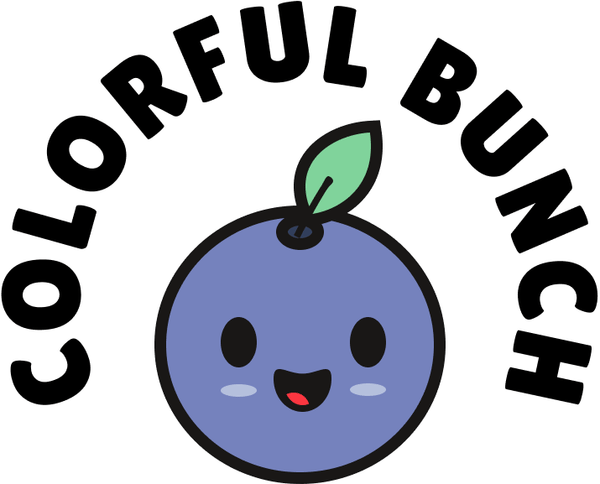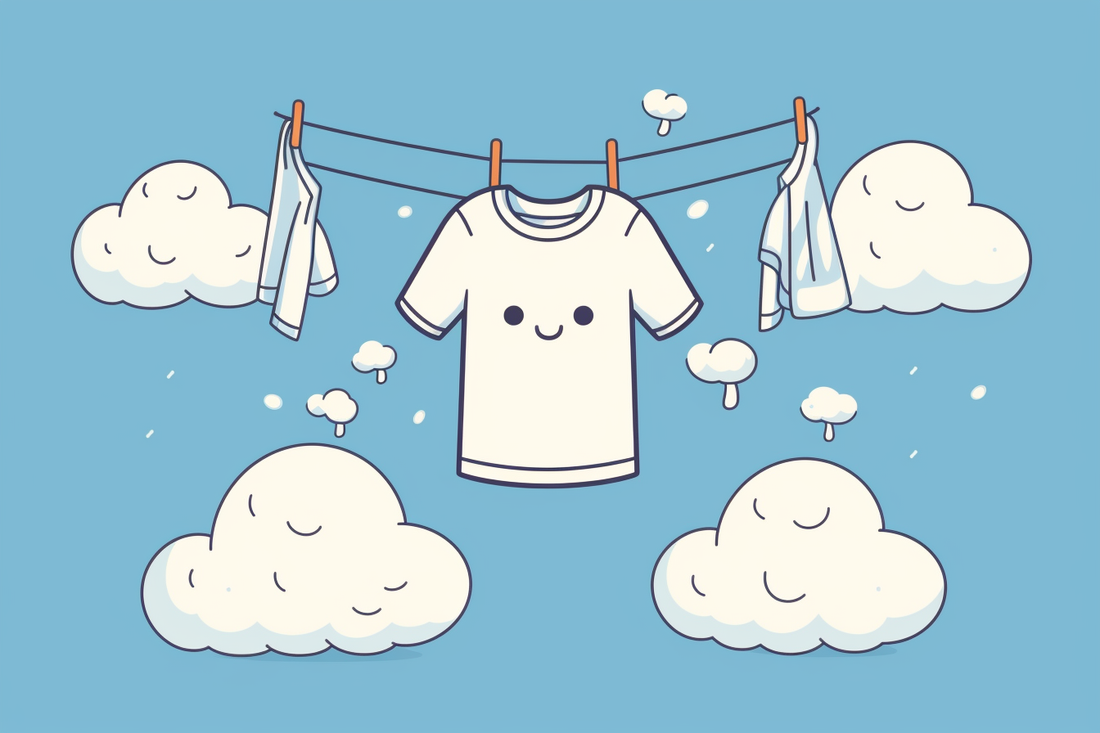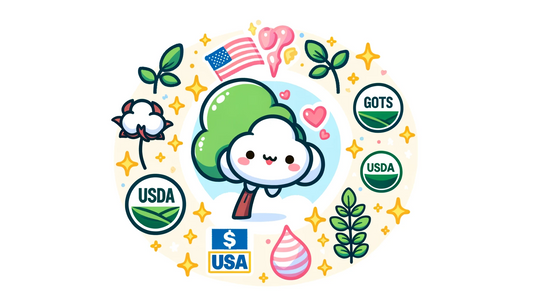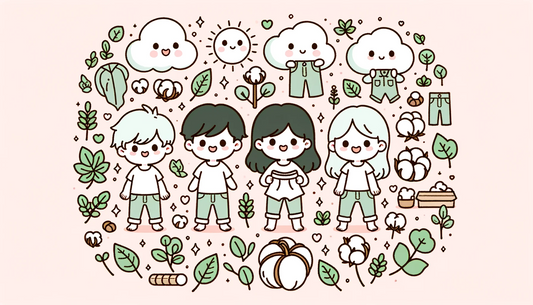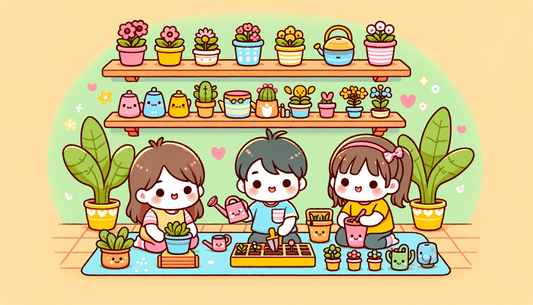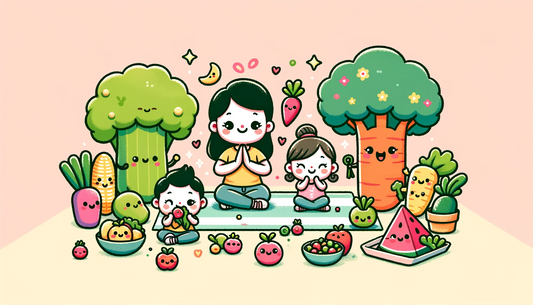In the realm of children's fashion, 'organic' is a term that goes beyond a mere label; it's a deep-rooted commitment to sustainability, health, and ethical practices. At Colorful Bunch, our dedication to 'organic' starts from the very roots of how our fabrics are grown and carries through to how they're woven into the garments your children love.
The History and Evolution of Organic Farming
Organic farming is not a new concept; it dates back to early agricultural practices where farming was inherently organic, relying on natural methods and materials. The modern organic movement gained momentum in the early 20th century as a response to the increasing use of synthetic fertilizers and pesticides in conventional farming. This movement emphasized the need for sustainable, environmentally friendly farming methods that protect both the earth and its inhabitants.
Why Organic Cotton Stands Out
When we talk about organic cotton, we're referring to cotton grown without harmful chemicals and in a way that supports ecological balance. This approach contrasts sharply with conventional cotton farming, which often relies heavily on chemical inputs. Organic cotton's sustainability lies not only in its farming but also in its processing. The transformation from plant to fabric in organic cotton avoids the harsh chemicals and toxic dyes commonly used in conventional textile production, making it a more environmentally friendly choice.
Comparing Organic Cotton and Bamboo Fabrics
Bamboo as a raw material is often touted for its sustainability, given its fast growth and low need for agricultural inputs. However, turning bamboo into fabric typically involves a chemically intensive process. The manufacturing of bamboo fabric often requires the use of harsh chemicals, like sodium hydroxide and carbon disulfide, in a method known as the viscose process. This process can have significant environmental impacts, including air and water pollution and health hazards for workers. In contrast, organic cotton's processing, while more resource-intensive in farming, tends to have a lesser environmental impact when it comes to turning the raw material into fabric.
Organic Cotton: A Safer Choice for Children's Wear
Given the delicate nature of children's skin and their susceptibility to irritants, organic cotton emerges as a safer choice. Free from the harsh chemicals found in conventional fabrics, our organic cotton clothing offers softness and safety. It ensures that the clothes hugging your child's skin are gentle, reducing the risk of allergies and skin irritations.
Colorful Bunch's Commitment to Organic Principles
Our promise at Colorful Bunch goes beyond using organic cotton. It encompasses every aspect of our production process, from the dyes we choose to the packaging we use. We're committed to a cycle of sustainability and responsibility, ensuring that our clothing brings joy not only through its style and comfort but also through its respect for the earth and its future.
Join the Organic Movement with Colorful Bunch
We invite you to explore our organic collection and become part of a movement that values the health of your child and the planet. By choosing Colorful Bunch, you're not just selecting clothes; you're endorsing a lifestyle that prioritizes sustainability, health, and ethical consumption. Let’s together redefine what it means to be fashionably sustainable.
